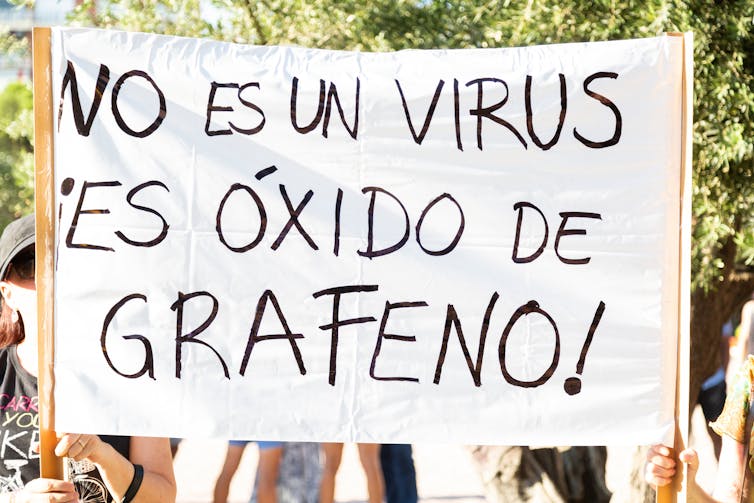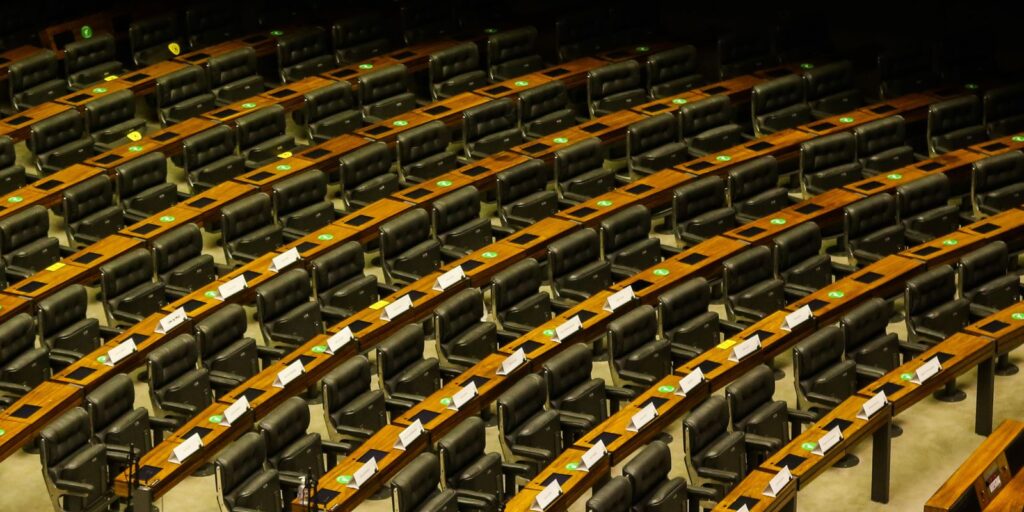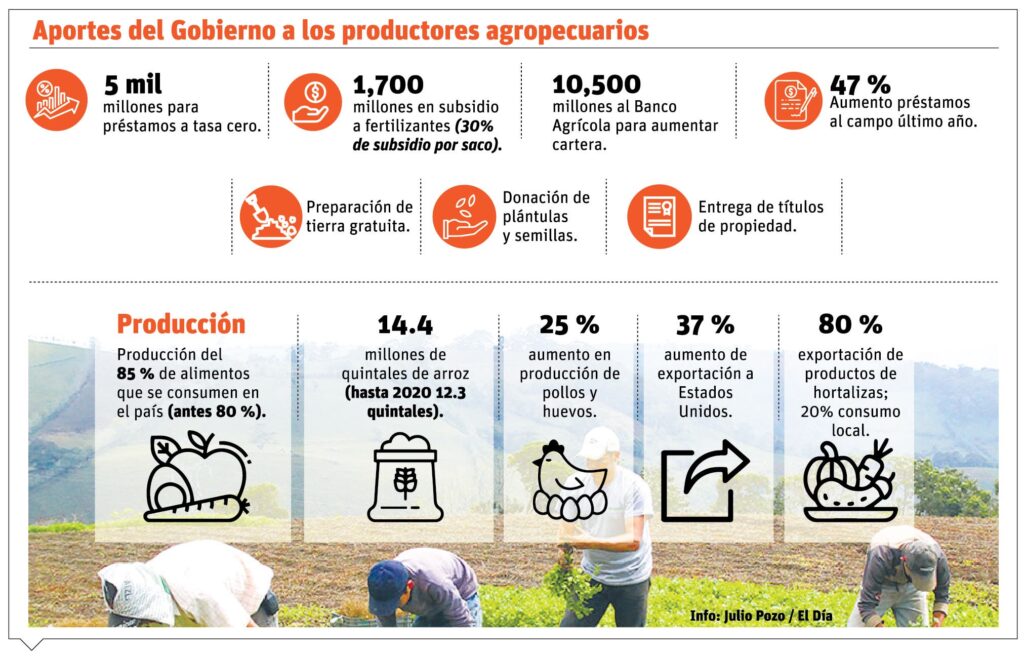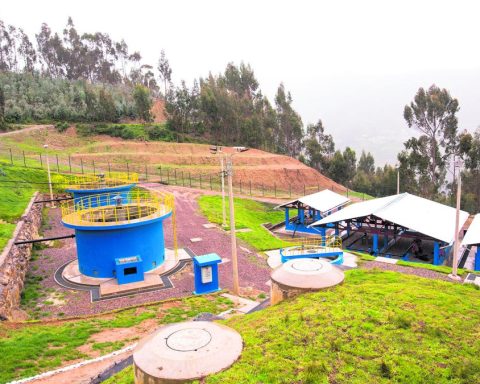Since the beginning of the covid-19 pandemic, various anti-scientific movements have been gaining strength while endangering public health. Hence, its expansion has become a politically relevant issue and a field of study for researchers and academics.
Back in the 1990s, Gerald Holton wrote science and antiscience (1993), where he showed how irrationality, populism, propaganda and nationalism formed a perfect cocktail that supported the doctrine of totalitarian regimes.
For his part, Carl Sagan diagnosed in the world and its demons (1995) that conspiratorial, anti-scientific and pseudo-scientific attitudes were occupying the traditional place of religion and mysticism in society. However, this panorama has diversified, so it is convenient to introduce conceptual modifications that make it possible to accommodate the growing relevance of technique and technology.
What is the technique?
Taking into account the approach of Jose Ortega y Gassetwe can understand the technique as the set of actions with which we modify nature to meet a series of needs related to survival and well-being.
In addition, the technical action is characterized by minimizing the necessary effort on the part of the human being and presupposes a certain distance, since the production of technical supports only indirectly seeks the satisfaction of those needs. It is, so to speak, a second-order action.
In a similar but more up-to-date sense, Miguel Angel Quintanilla has proposed that the technique be understood as “a system of human actions intentionally oriented to the transformation of specific objects to efficiently achieve a result that is considered valuable”.
These definitions can help us better understand certain forms of denialism that exist today.

Shutterstock / calong
Let’s talk about technological denialism
The different denial approaches that have left their mark during the pandemic are usually grouped under the heading “science denial”. This refers to all dogmatic and emotional discourse that systematically denies proven scientific evidence, whether general or specific to a specific area.
The media debates also showed other traits of the negationist discourse: reference to false experts, decontextualization or arbitrary selection of data, use of logical fallacies, manufacturing of a generalized doubt and recurrence to conspiracy theories.
However, we have also observed forms of denialism that arise from a deep mistrust of technology based, in part, on a legitimate suspicion about the prioritization of commercial logic in technological development. It seems convenient, then, to also speak of a technological negationism.
This concept refers to positions that are dogmatically or emotionally opposed to a set of technological products, that is, to concrete, efficient and valuable objects created by human beings to solve problems related to survival and well-being.
In relation to the current situation of the pandemic, we can then distinguish two different types of anti-scientific phenomena.
The first is limited to denying the existence of the SARS-CoV-2 virus and all the scientific discourse about it.
The second, for its part, may agree with the analyzes provided by science, but deny the validity of the vaccine technology, that is, its suitability for improving survival and well-being.
And there is also pseudo-technique?
Likewise, we can address in a differentiated way another threat to public health, usually encompassed under the term of pseudoscience. This concept refers to a cognitive field that claims to be scientific, but does not meet some fundamental characteristics of scientific practice.
In its Logic of scientific research, karl popper he noted that pseudoscientific claims are not falsifiable and thus the underlying theories hardly evolve through research.
mario bunge it added other demarcation criteria: pseudosciences often postulate entities whose existence cannot be demonstrated, defend spiritualistic conceptions, have no logic or objective control procedures, do not develop new problems and hypotheses, and have no continuity with other disciplines.
The pseudo techniquefor its part, refers to the production of artifacts that do not meet the aforementioned characteristics of a technique, since the objects it creates or modifies are not designed to produce a valuable result for human beings or are incapable of achieving it due to their lack of efficiency, so that they do not satisfy human needs for survival or well-being.
These types of actions have been very present during the pandemic. It can be seen in the production of false medicines developed by pseudopharmaceutical groups that, out of pure desire for profit, they sold products that neither cured nor prevented the disease and, therefore, endangered human lives.
However, the phenomenon is not new. On the internet we have been seeing products for sale for several years that try to solve non-existent problems. A very clear example is that of the quantum shields which, supposedly, protect from ionization by fusion of electromagnetic radiation.
The covid-19 pandemic, in short, not only reproduces phenomena that can be integrated into the conceptual framework of pseudoscience and science denialism. It has also generated new concepts, such as those of pseudo-technique and technological denialism, which can help to better understand the anti-scientific panorama contrary to adequate public health.
![]()
William Marin PenellaResearch Fellow JAE Intro and doctoral student, Institute of Philosophy (IFS), Center for Human and Social Sciences (CCHS – CSIC) and Astrid Wagner, Senior Scientist. Philosophy of culture and science, Institute of Philosophy (IFS-CSIC)
This article was originally published on The Conversation. read the original.


















